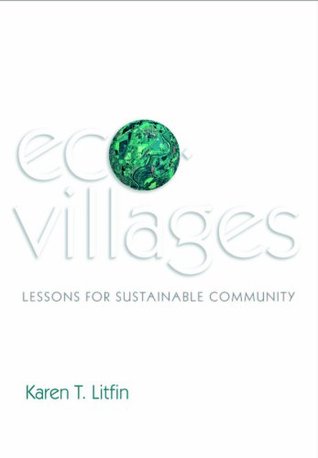More on this book
Kindle Notes & Highlights
Read between
November 25, 2021 - January 14, 2022
guiding question seemed to be: How can we maximize our effectiveness and minimize our harm to the Earth? And how can we do it having the most fun?
1971 bestseller, The Closing Circle: Nature, Man, and Technology, Barry Commoner described the environment as “a house created on the Earth by living things for living things” and ecology as “the science of planetary housekeeping.”
the more a community’s membership is determined by market forces, the weaker is its social fabric.
In a healthy economy, the goal is the furtherance of life: the creation of real wealth rather than the illusion of wealth. Ecological, economic, and social resources circulate for the maximum time possible, entwining themselves in a symbiotic network of relationships that mirrors the abundance of a mature ecosystem.
one powerful shift: from narrow economic rationality to a broad-minded relational thinking.
take personal responsibility for your thoughts, feelings, and actions, and then express yourself with honesty and care. Throw in a splash of humor and an enduring passion for experimentation, and you’re likely to learn a lot and enjoy the journey.
I embarked upon this journey because I could no longer tolerate the yawning gap between what I knew and how I was living. I needed to know – not just theoretically, but with my whole being – that another world is possible. For this, I needed the visceral experience of working together with people as one body, living in places where I never flushed a toilet and never turned on a heater against the winter cold, and spending alternative currencies that foster resilience.
it is culture, not words, that holds us together, and sharing that music with the performers and others in their audience, I felt profoundly grateful to be human. It’s possible that when we explore the creative heights of our humanity, it’s then easier for us to navigate its narcissistic depths.
In order to live within the circle of life, we must therefore make an epic transition from living as separate, acquisitive individuals to living as conscious participants in a vast web of biotic and social relationships. In other words, we must create a culture of belonging, one community at a time.
having come directly out of nature and thus being inseparable from nature, we can harmonize our ecological, economic, and social relationships by tapping into the evolutionary intelligence that brought us to our current juncture.
“if we want to establish peace among ourselves and with nature, we must first establish peace in our own minds.”
as an integral part of nature, we can tap into the same evolutionary intelligence that brought us here. In so doing, we can forge a viable human future.
“This is the greatest discovery of the scientific enterprise: You take hydrogen gas, and you leave it alone, and it turns into rosebushes, giraffes, and humans…. If humans are spiritual, then hydrogen is spiritual.”
In the new story, the contemporary predicament becomes a developmental opportunity rather than an unmitigated tragedy or a drama of good vs.
Nonviolent Communication, World Café, Compassionate Listening, Appreciative Inquiry, and Forum.
value the commons, subsidize a viable future, promote local self-reliance, and foster positive examples.
Scaling up ecovillage economics means incorporating the principles of full-cost accounting, right livelihood, and cooperative ownership into our business models.


